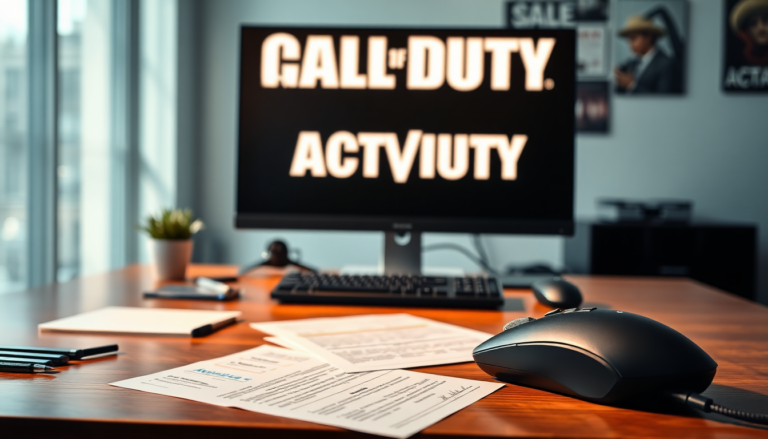Argomenti trattati
In a bold move to protect its gaming community, Activision has initiated legal proceedings against the creators of two notorious hacks for Call of Duty, which have been described as so disruptive that they have driven many PC players away from the game. The hacks, known as Lergware and GameHook, have been a persistent thorn in Activision’s side, prompting the company to take a stand against the individuals behind them.
Understanding the toxic hacks
Both Lergware and GameHook are packed with features that have been labeled as ‘toxic’ by their own creators. These hacks allow users to expel other players from multiplayer servers and even crash the servers entirely. Additionally, GameHook offers cheats like ‘aimbot’, which provides automatic targeting capabilities, ensuring players can hit their opponents with ease. Another feature, ‘ESP Bot’, enables users to see enemy locations and peer through walls and obstacles, giving hackers an unfair advantage.
Legal allegations against the creators
Activision’s lawsuit identifies Ryan Rothholz, known online as Lerggy, as the developer of Lergware. Rothholz allegedly profited from selling this hack for $25 through his website, continually updating it to align with new Call of Duty releases. Activision reported that these updates led to a surge in attacks on online players, causing significant concern within the community. Despite receiving a cease-and-desist notice from Activision, Rothholz reportedly mocked the warning on his Discord channel and ultimately chose to change his online alias while continuing to distribute his hacking code.
The emergence of GameHook
Following the initial cease-and-desist, Rothholz is accused of creating a new hack for Call of Duty called GameHook. He allegedly recruited others to help sell this hack, which is compatible with multiple entries in the franchise, including Modern Warfare 2, Modern Warfare 3, Black Ops Cold War, and Black Ops 6. The pricing for GameHook’s basic version is set at $50, with a lifetime edition available for $375, allowing purchasers to download updates for future Call of Duty releases. Activision claims that GameHook has sold thousands of copies, generating substantial revenue primarily used for cheating in Call of Duty games.
Activision’s ongoing battle
Despite attempts to resolve the issue amicably, the defendants have refused to comply with Activision’s requests, prompting the company to escalate the matter legally. Activision is determined to prevent the hackers from simply renaming their hacks and continuing to sell them under different guises. For instance, in March 2025, Activision sent cease-and-desist letters to Rothholz and others involved. While online sales were halted, no commitments were made to cease the creation or distribution of hacks.
The ongoing consequences of cheating
Activision believes that Rothholz, Gyetvai, and Boothey continue to engage in fraudulent activities through private channels, such as the GameHook Discord server. The company has reason to suspect that they plan to rebrand GameHook and offer similar hacks under different names using new online aliases. Activision’s legal action seeks financial compensation that could reach millions of dollars, alongside a mandate for the defendants to cease their operations. The company’s efforts are driven by the need to protect its reputation and restore trust among its player base.
As the gaming community watches closely, Activision’s relentless pursuit of justice against hackers like Rothholz and his associates highlights the ongoing struggle to maintain fair play within online gaming environments. This battle is set to continue as long as players engage in online competition, with Activision committed to enforcing its policies and safeguarding the integrity of its games.

